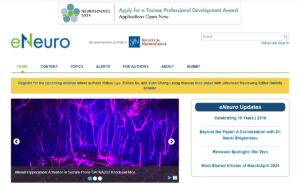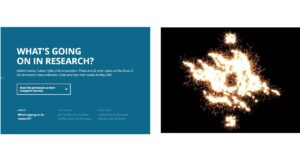Singing Repairs Your Brain After a Stroke: Study Shows 54% Improvement (Especially with This Easy Trick)
Strokes can leave people struggling to speak due to aphasia. Exciting new research shows singing can help! By repairing brain connections, singing improved speech production in stroke patients. This affordable therapy could be done at home or in choirs, offering hope for recovery.
CONTENTS: Singing Repairs Your Brain After a Stroke

Stroke Causes Aphasia
–Singing Repairs Your Brain After a Stroke
Strokes, also known as cerebrovascular accidents, are the leading cause of aphasia, a condition characterized by difficulties in understanding or producing speech and written language due to cerebral damage. Around 40% of stroke survivors develop aphasia, and up to half of them continue to experience its symptoms even a year after the initial stroke.
Singing Boosts Stroke Recovery
A recent study from the University of Helsinki delves into the therapeutic impact of singing on stroke patients’ language recovery. Building upon previous findings, researchers have now unveiled the underlying mechanism behind this rehabilitative effect. The study, recently published in the eNeuro journal, sheds light on the connection between singing and language rehabilitation in stroke-affected individuals.
Singing Repairs Brain Network
The recent research reveals that singing plays a pivotal role in repairing the structural integrity of the brain’s language network. This network is responsible for processing language and speech. In individuals with aphasia, this network suffers damage.

University Researcher Aleksi Sihvonen from the University of Helsinki emphasizes that their findings illustrate, for the first time, how singing aids in the rehabilitation of aphasia patients by inducing neuroplasticity changes in the brain.
Singing Improves Brain Connectivity
The study highlights that singing enhances the pathways within the language network of the brain. This network includes cortical regions responsible for language and speech processing, as well as the white matter tracts facilitating communication between these regions.
The research findings indicate that singing leads to an increase in grey matter volume in language-related areas of the left frontal lobe and enhances connectivity within the language network, predominantly in the left hemisphere but also in the right hemisphere.
University Researcher Aleksi Sihvonen underscores that these beneficial alterations are linked with improvements in patients’ speech production.
Study Tests Singing Therapy
The study involved 54 individuals with aphasia, among whom 28 received MRI scans both at the study’s commencement and conclusion. Researchers examined the therapeutic impact of singing through choir participation, music therapy, and singing exercises conducted at home.
Singing Offers Therapy Option
Sihvonen suggests that singing presents a cost-effective treatment option for aphasia, which significantly impacts individuals’ functional abilities and quality of life, often resulting in social isolation.
He proposes that singing could complement traditional rehabilitation methods or serve as a primary rehabilitation approach for mild speech disorders, especially in situations where access to other forms of rehabilitation is restricted.
Furthermore, Sihvonen highlights the feasibility of incorporating singing into patients’ routines, including singing with family members, and organizing group-based singing sessions within healthcare settings to provide affordable and effective rehabilitation.
Check out TimesWordle.com for all the latest news
You must be logged in to post a comment.